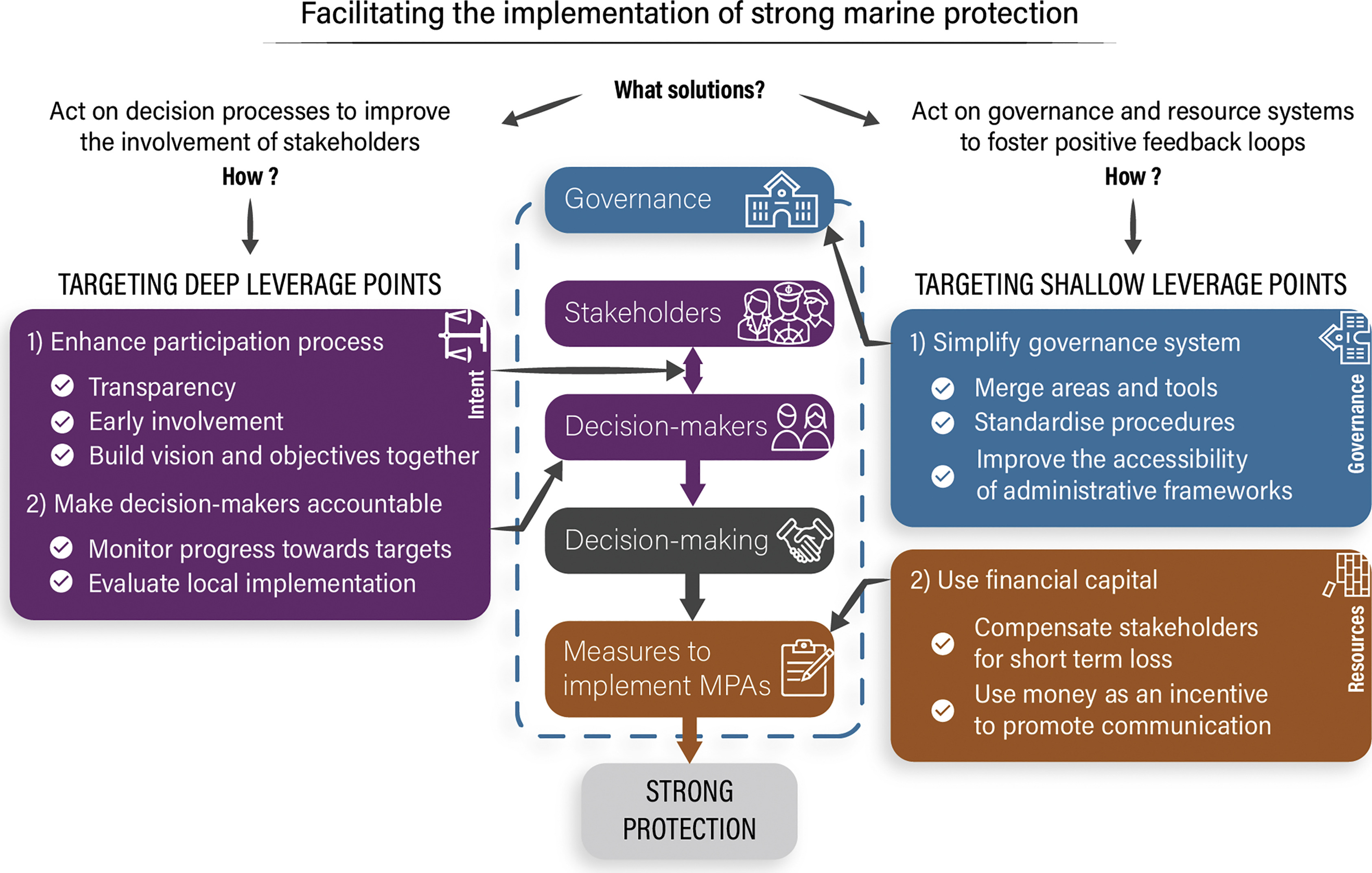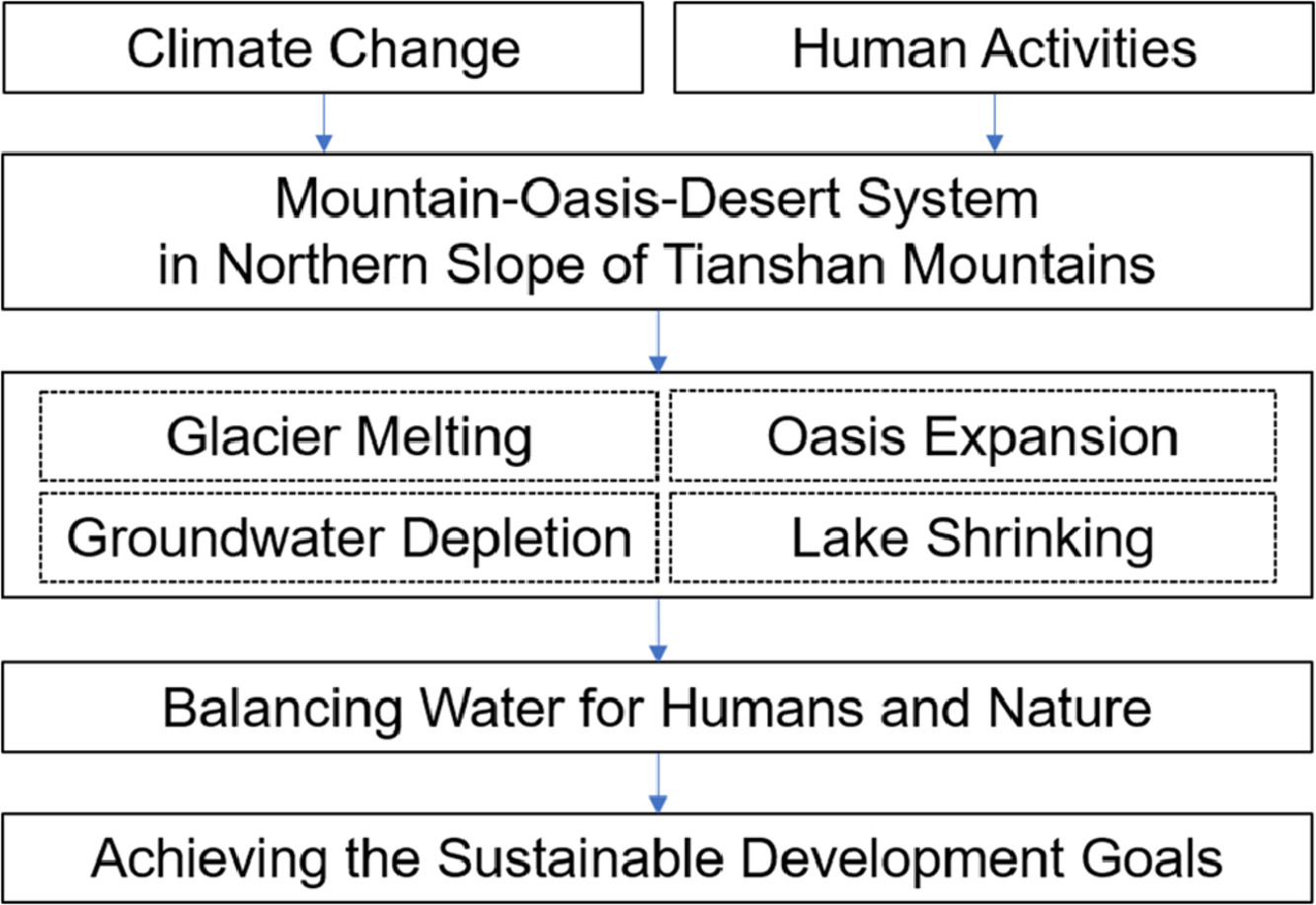Elsevier, Food Quality and Preference, Volume 100, September 2022
Future sustainable food systems should more efficiently use natural resources and reduce food waste. Upcycled food – foods elevated in value through ingredients otherwise wasted or previously thought inedible – constitutes a new approach contributing to this much needed transition. Successful market launches of such foods requires favourable consumer perception of these products, knowing the factors determining acceptance, and an adequate communicational framing of the new concept.
Elsevier,
The Lancet Regional Health - Western Pacific, Volume 26, September 2022
This Article supports SDG 3 by highlighting that a substantial proportion of dementia in First Nations peoples in Far North Queensland could potentially be prevented, as half of the burden of dementia in this population may be attributed to 11 potentially modifiable risk factors.
Elsevier,
Current Developments in Nutrition, Volume 6, September 2022
This paper highlights that despite living in a rich biodiverse food environment, there was poor access to diverse food sources and suboptimal consumption of balanced diets among Munda tribal women, thus contributing to high nutrient inadequacies. However, women who had better Indigenous Food (IF) consumption and dietary diversity demonstrated better nutrient intakes, especially for micronutrients. The paper is specific to Munda women of Jharkhand and may not be generalizable but the factors that affected the food consumption and nutritional status in this community, could help in understanding the contribution of the IF environment in addressing malnutrition of other indigenous communities living in similar geographical terrains of India.


